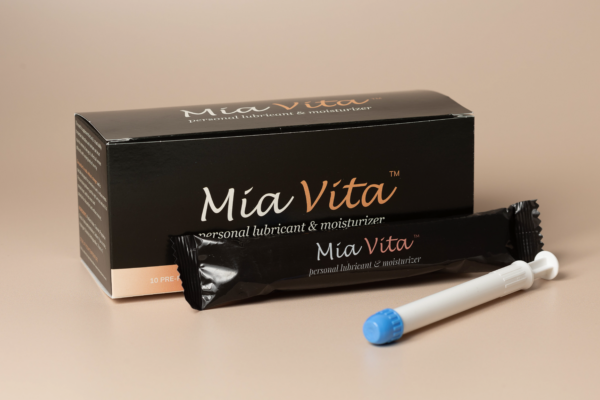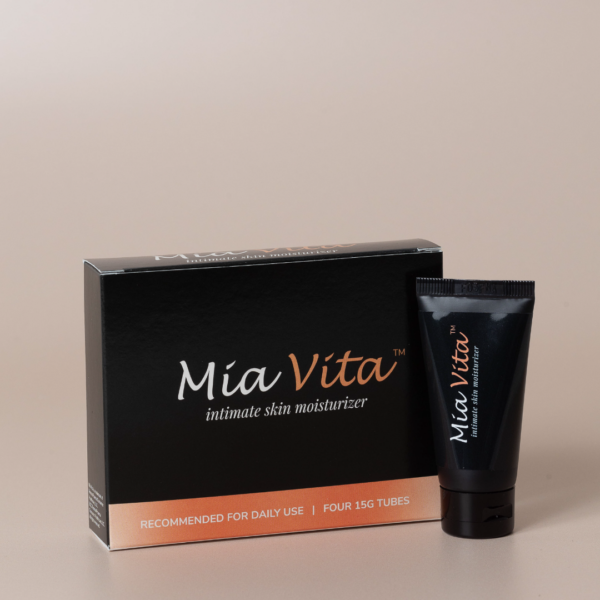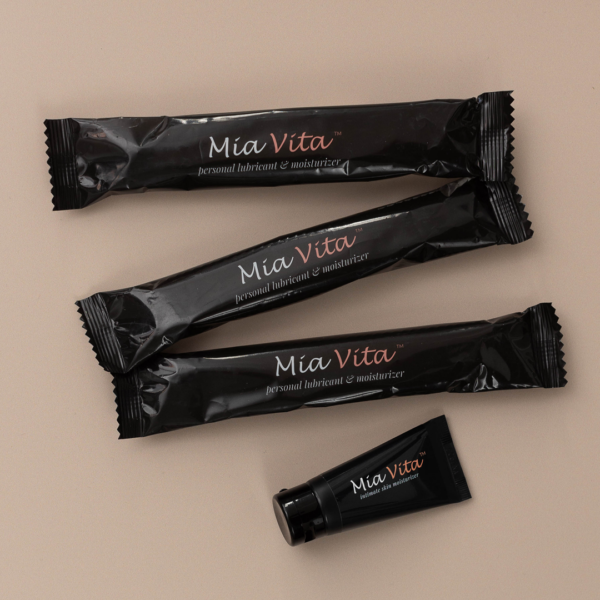
“Gimme a head with hair. Long, beautiful hair. Shining, gleaming. Streaming, flaxen, waxen.”
This song lyric from the ‘60s musical Hair sums it up quite nicely. For women, our hair is our crowning glory. But as we age, we may notice changes to our hair – it may begin to thin where we want it (our heads) and thicken where we don’t (the rest of our body).
But there are things we can do to maintain healthy hair and maintain the shining beauty of our hair. Recently, FemmePharma sat down with guest Alison Bladh, registered nutritional therapist and esthetician, to discuss how to do just that.
How does our hair change as we age?
One of the first things we may notice about our hair as we age is that it changes in texture and composition. Perhaps we had straight hair that’s become wavy, or curly hair that’s become straighter. And many of us notice the most common change of hair thinning and/or hair loss. We may also notice that our hair loses its luster and starts to look dull and faded.
What causes changes to our hair as we age?
There are several things that can affect our hair as we age.
Lifestyle
Hair and skin reveal how we’ve lived our lives. When we’re younger, we may not recognize the effects that our lifestyle has on our bodies. We may have spent too much time in the sun or in the tanning booth, resulting in overexposure to ultraviolet rays that caused damage. Or perhaps we were smokers, and the chemicals from cigarettes caused damage to our hair follicles or contributed to low estrogen levels, which also affects our hair quality.
Diet
Your diet also plays a role in your hair health. If you’re lacking in certain nutrients, your hair structure, which is made up of protein, may break down, contributing to hair thinning or loss.
To improve the health of your hair and take a “beauty from the inside out” approach, Dr. Bladh suggests increasing the following key nutrients:
Iron. Consuming iron – particularly from animal sources – helps increase blood flow to the scalp area, which promotes hair growth.
Vitamin B12. Vitamin B12 also promotes hair follicle growth, so a deficiency of it could contribute to hair thinning or loss.
Zinc and fatty acids. Lacking in both of these can contribute to hair loss.
Protein: Hair is made of protein so it’s important that an adequate amount of protein is incorporated in your diet. Natural sources of protein or whey protein isolate found in protein shakes may help.
Eating a well-balanced diet of lean meat, vegetables, and dairy sources should contain the nutrients necessary to maintain healthy hair.
Stress
The effects of chronic stress can also play a role in our hair’s health. In today’s busy world, most of us experience stress from time to time, if not often. This contributes to the production of cortisol, which inhibits hair growth.
Most of us know how to reduce stress – exercise, yoga, meditation. But making the time to do these things is another story. If you’re one of the many chronically stressed people with limited time, see if you can find 5 or 10 minutes to do one small relaxation exercise. This could be something as simple as mindful breathing exercises or taking a short walk.
Hormonal changes
When we enter perimenopause, we may begin to notice that our hair seems drier, or that it doesn’t grow like it used to. This is because our estrogen – a key hormone in promoting hair growth – starts to decline.
We may also notice hair growing more in other parts of the body, such as on our face. During perimenopause, our bodies start to produce an imbalance of hormones. Testosterone levels may increase, which contributes to this unwanted hair growth. Testosterone also shortens our hair growth cycle and causes the hair follicle to be weaker and thinner.
How can we maintain healthy hair as we age?
In addition to managing stress the best we can and following a healthy diet, here are some additional ways to improve the health of our hair as we age.
Stay moisturized
Moisture is key for hair health and growth. Drink plenty of water, and consider trying a moisturizing hair mask with vitamins C, D and biotin, or hair oils.
Take a break on the styling
Using heat appliances, coloring our hair, and adding products all takes its toll on the health and vibrancy of our locks. Try taking a break from the styling every so often. You may be surprised how well you like your natural look!
— For a deeper dive into this topic, check out the Mia Vita podcast episode.
FemmePharma has been helping women navigate menopause for over two decades. No matter where you are in your journey, you deserve to have knowledgeable, intimate healthcare partners to help you feel your best. Explore our other articles, podcast episodes with women’s health experts, and products to ease your transition into menopause.


